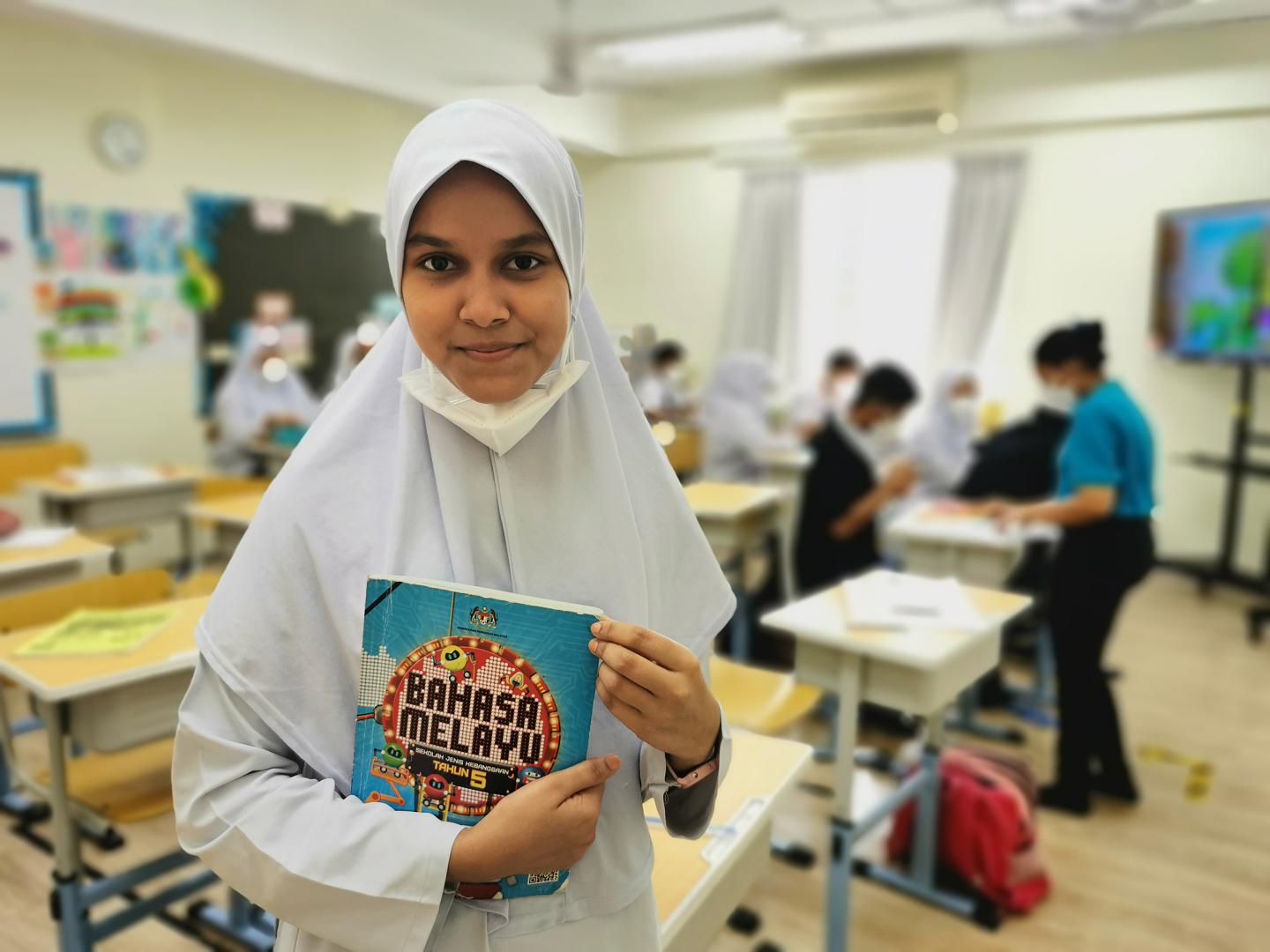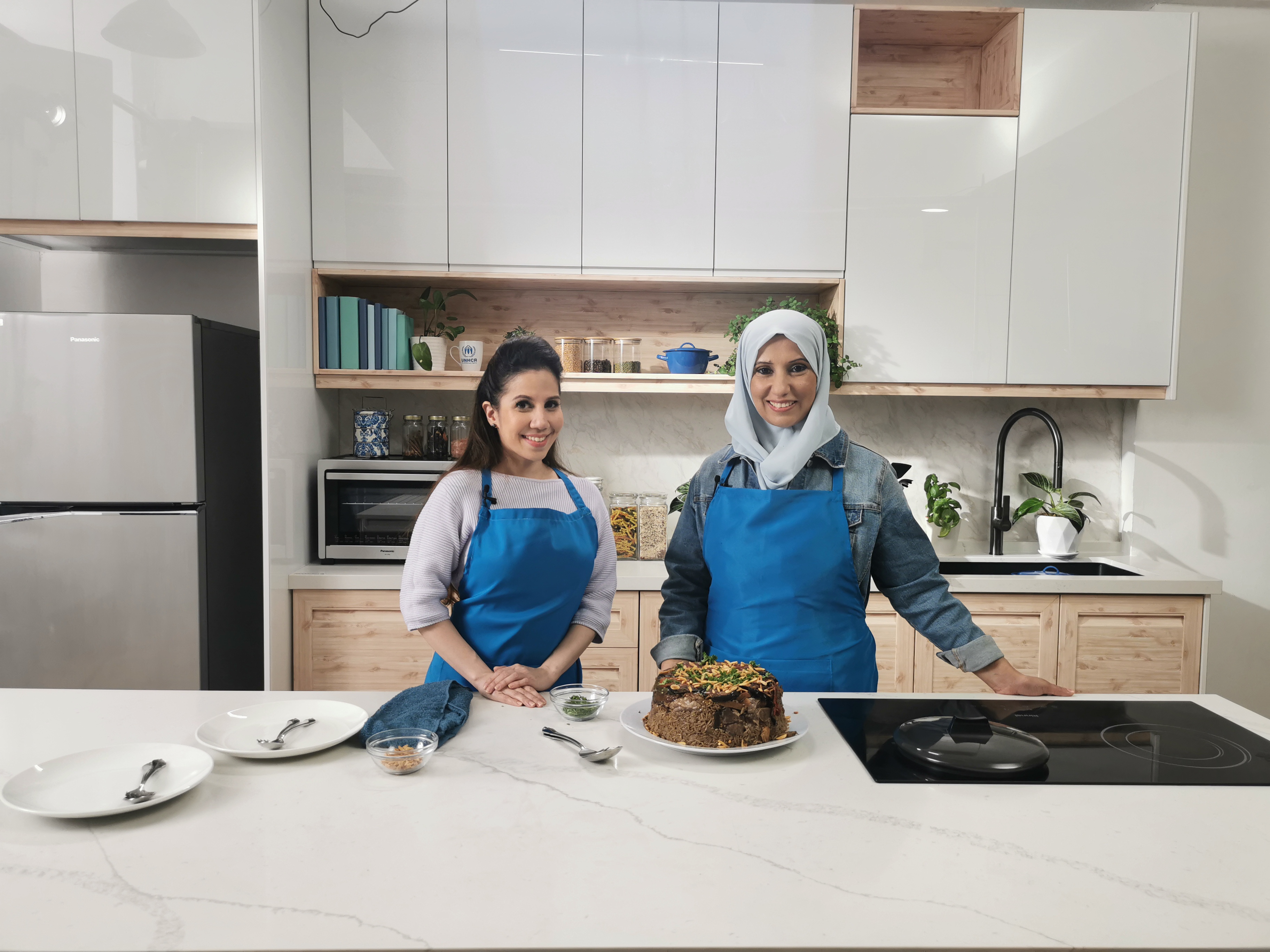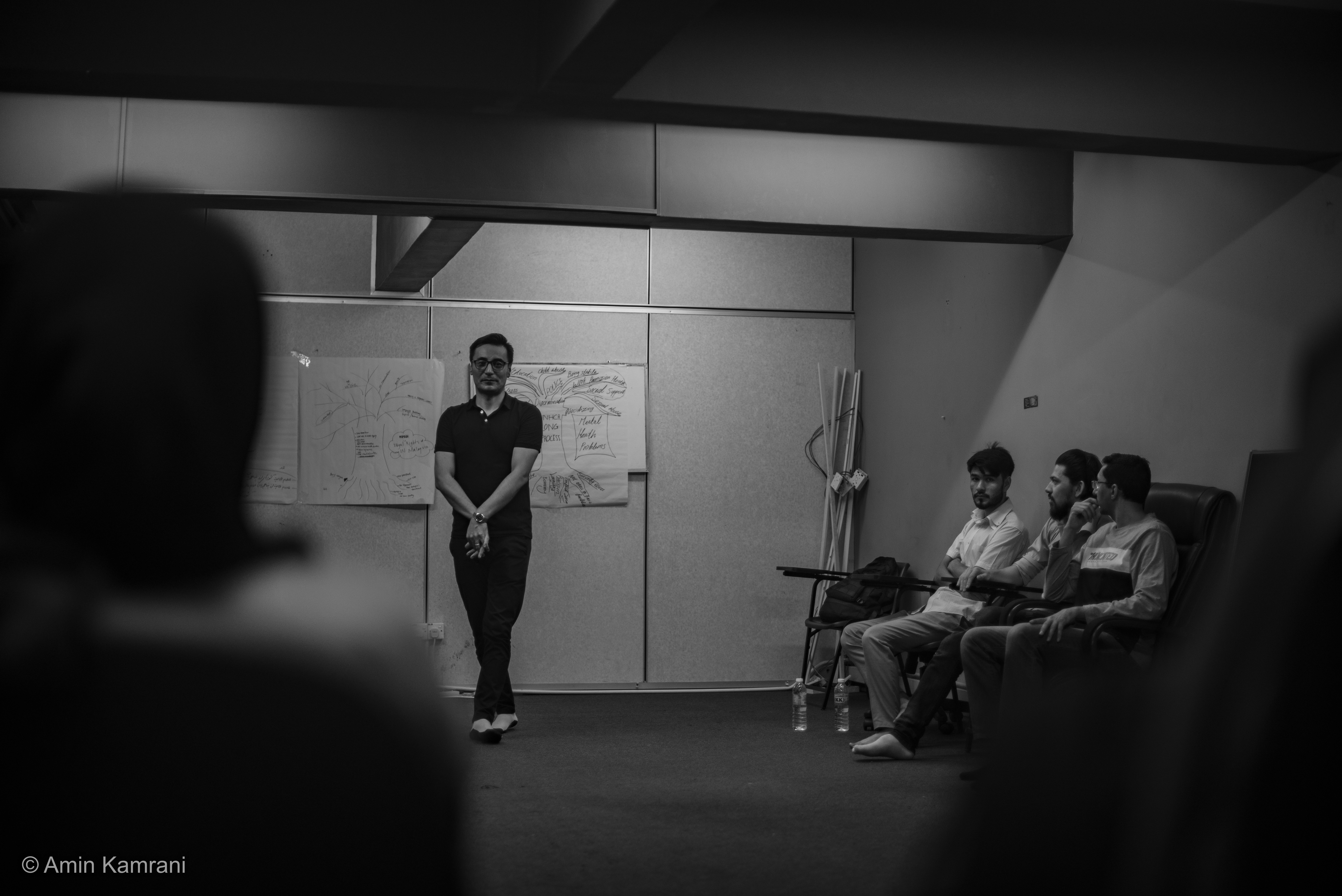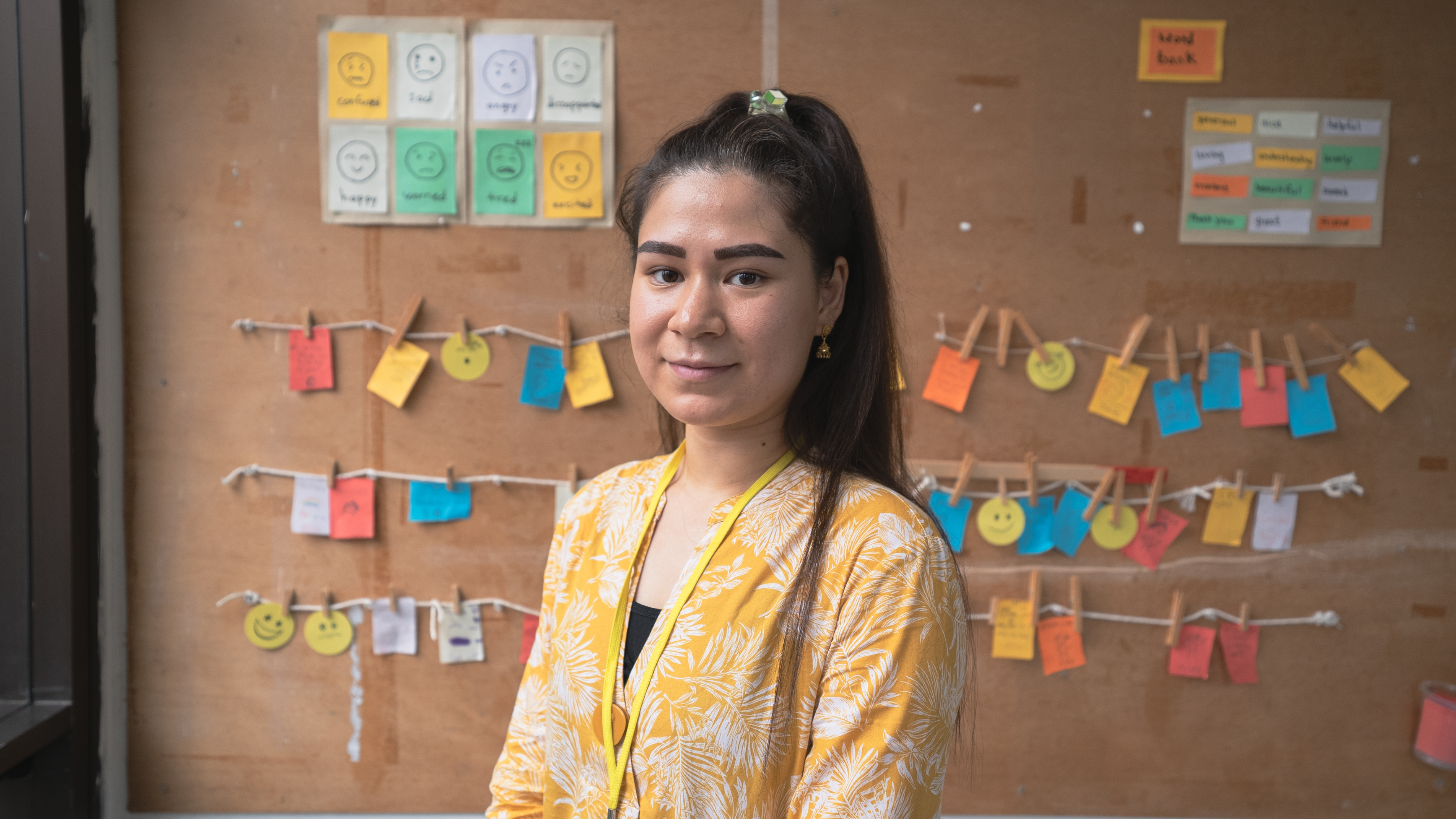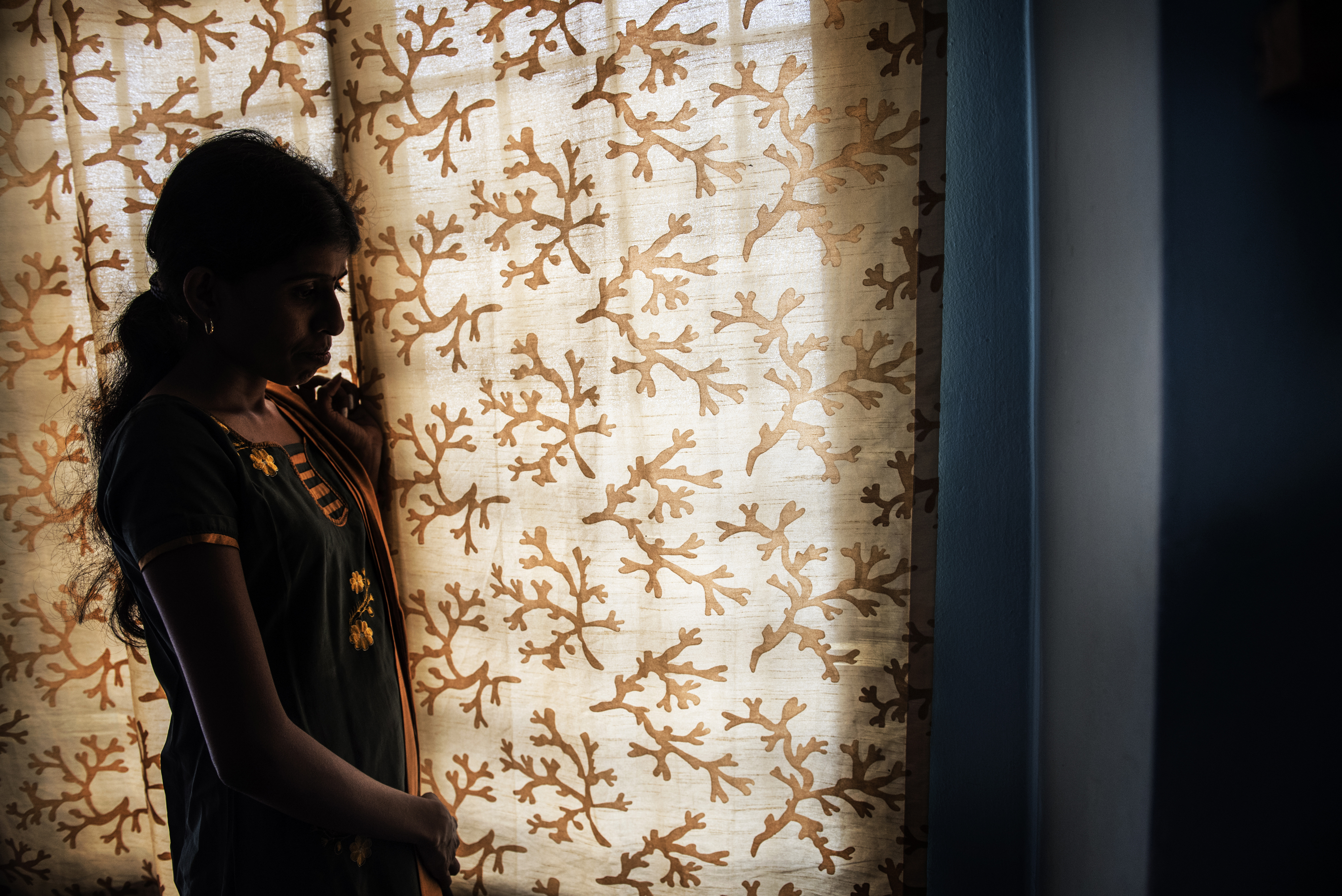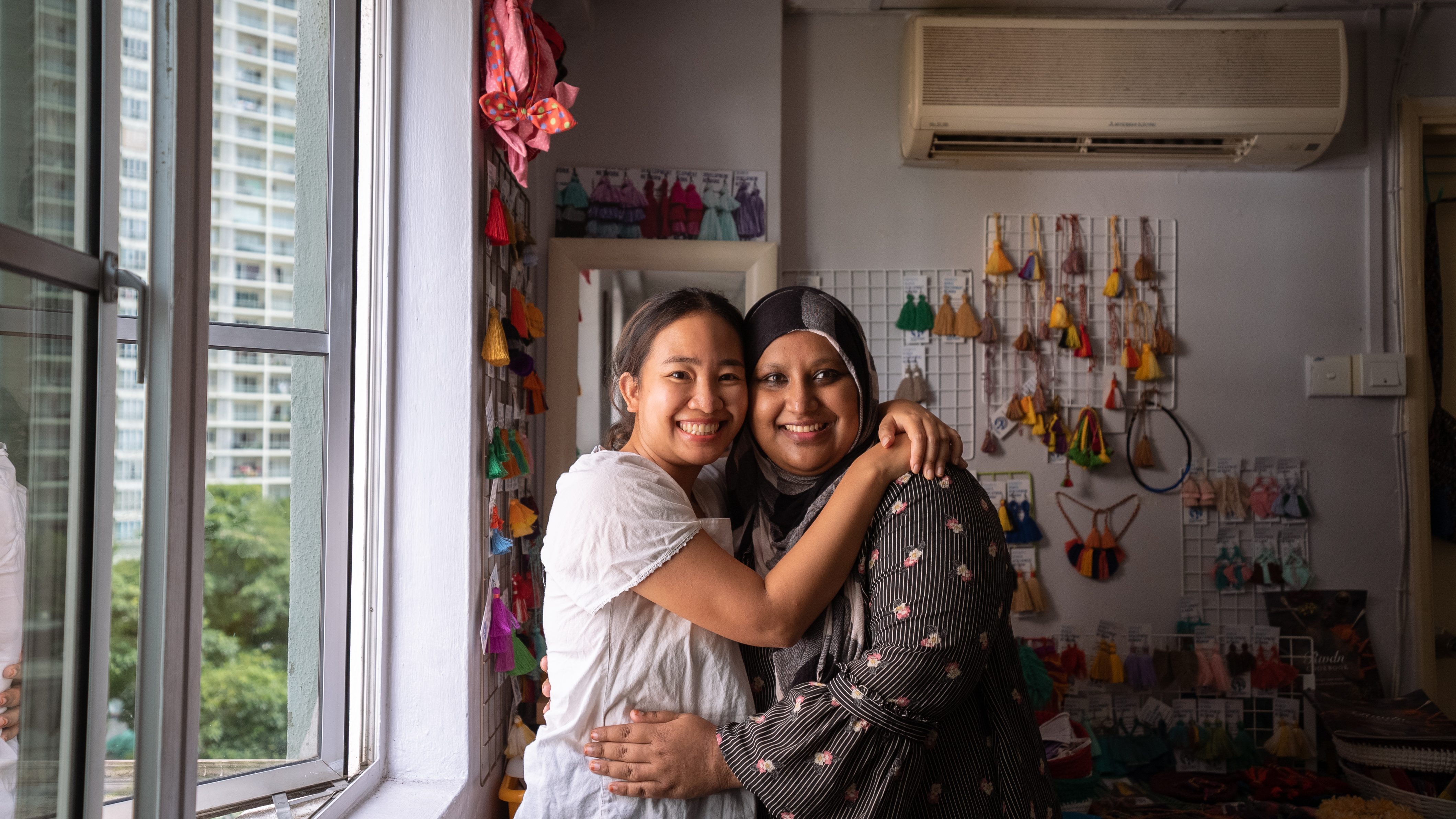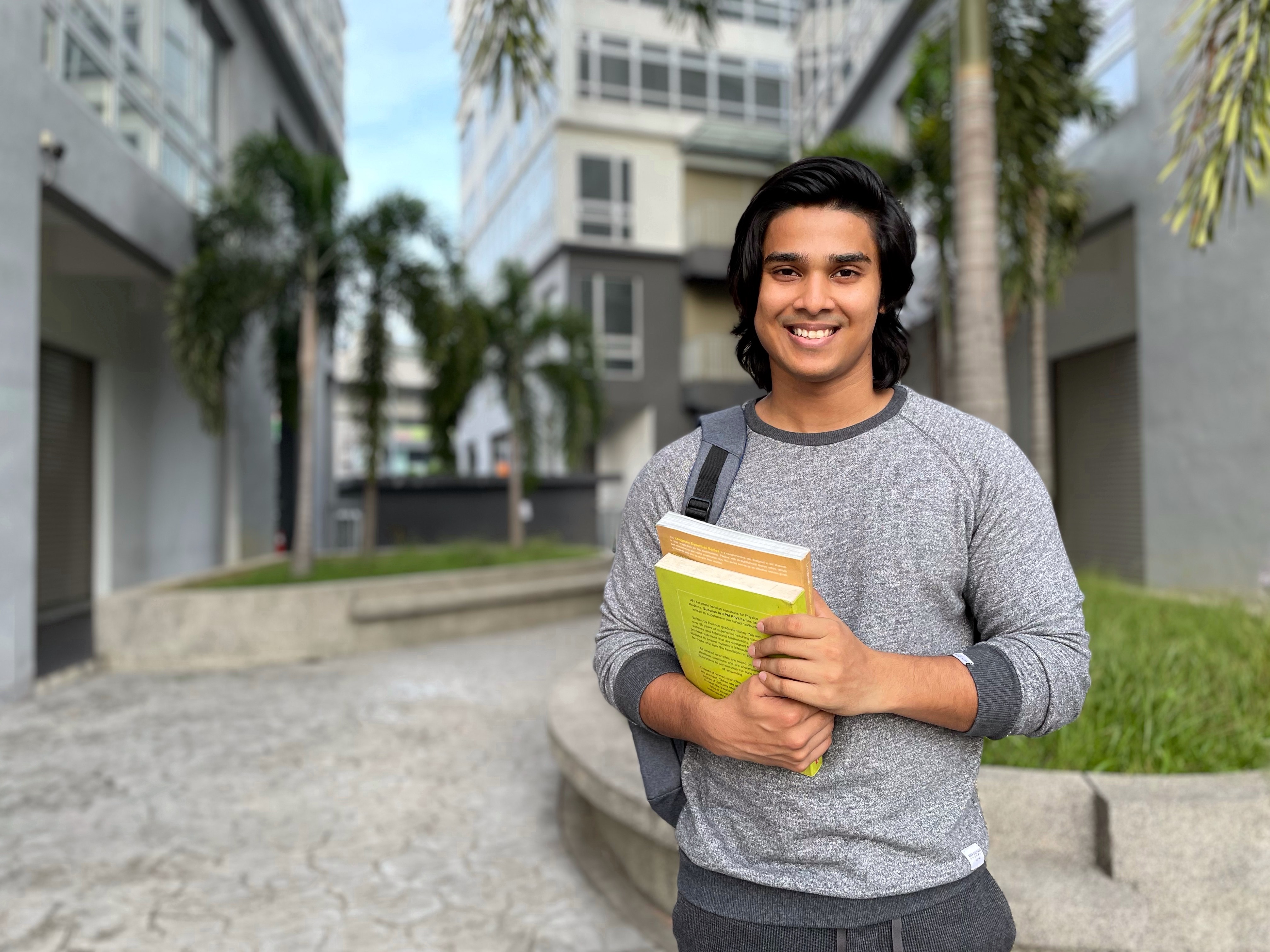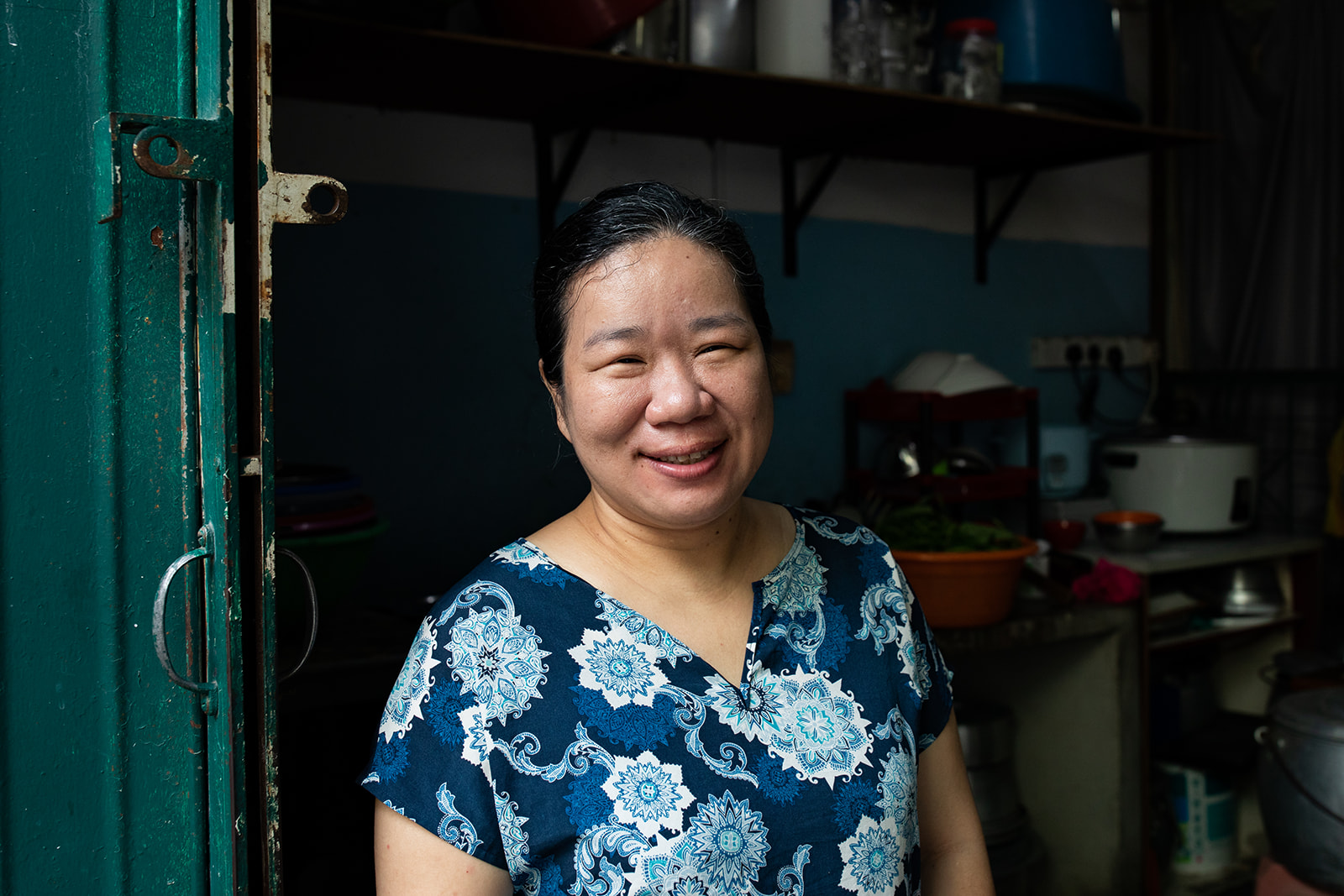Playing Like a Girl

Playing Like a Girl
By Yante Ismail, UNHCR.
On a small neighbourhood field in Kuala Lumpur, football practice is underway for a team of young players. Undeterred by the searing afternoon heat, the teenagers enthusiastically run through a repertoire of football drills under the scrutiny of their coach.
This could be your typical school football practice - save for some key distinctions: this is an all-girls team, comprising 13 young women whose family have fled war and complex human rights issues in their countries, and are now living as refugees in Malaysia.
The players are students from Fugee School, a refugee learning centre in Malaysia for refugee children from a variety of countries including Somalia, Yemen, and Myanmar.
Many of the players are also from deeply patriarchal cultures, where a girl playing football is frowned upon.
16 year old Ekhlas, one of the team’s rising stars, is a refugee girl from Somalia. In her culture, an all-girls football team is unheard of.
“When my teacher asked if I wanted to be on the team, I was surprised and asked myself, ‘Girls can play football?’. In my community, girls are not allowed to play football,” said Ekhlas. “That made me curious, and excited to try.”
When the all-girls football team was set up in her learning centre in January this year, Ekhlas and a dozen other girls aged between 10 - 20 years were the first to sign up.
“The idea for an all-girls football team came about after some students in Fugee School created a short film on gender equality called ‘Project Stand Up’,” said Jay*, the Managing Director of Fugee School. “In it, a female student spoke of how she could not teach soccer because she is a girl.
“The film raised questions on gender, like ‘why don’t girls play football’ until eventually the students - both boys and girls - came to me and said they needed a girls’ football team.”
Thus, the “Fugee School Girls Football Team” was born.
In the beginning, parents were concerned about their daughters playing a traditionally male sport. The girls’ coach Tracy*, who has been their volunteer coach from the start, explained how the team handled this.
“Some of the parents weren’t that excited about their daughters playing with us. Jay talks to the parents a lot, but I think it is the players themselves that make the difference,” said Tracy.
“The girls have a good time at practice and in matches, then they go home and tell their parents about the positive experience. Over time, parents have seen that it is good for their daughters.”
Aside the physiological and mental benefits of sports, the programme also uses football to provide lessons on communications, leadership, competition, teamwork, and self -confidence.
“A lot of the girls didn’t have experience playing sports before. Our coaching helps participants of all skill levels to learn the techniques needed - to pass, dribble, score,” said Tracy. “They learn how to work with the team and communicate - skills that they can carry into other parts of their lives.
“Watching them play is amazing. Sometimes the boys come around to see them play and say, ‘Wow, these girls can actually play.’ I really love that.”
In Malaysia, there are some 149,000 refugees registered with UNHCR, the UN Refugee Agency. Of that, some 36,000 are children who have no access to formal education. Fugee School is one of over 120 informal refugee learning centres providing community-based education for some 7,000 refugee children across the country. The challenges faced by learning centres include limited resources and overcrowded classrooms. However Fugee School found that a sports programme helped address one of the challenges many of the schools face - low attendance rates.
“We tell the students, ‘If you don’t come to school then you can’t come to practice. And if you don’t come to practice, you can’t play in a match.’ It’s created a great incentive to help students and their families prioritise education,” said Jay.
“I think football has also helped these girls feel empowered. I have seen their confidence grow, and now I hear them speak out more in class, and that is a positive thing.”
Through donations from supporters, Fugee School was able to get the girls shoes, sports hijabs, and some football equipment such as jerseys and balls. The project also receives support from the International School of Kuala Lumpur (ISKL) that allowed the regular use of its football field to give the girls a feel of playing on a real football pitch.
Most of the time, however, the girls practice on a small field near their school. During these weekly practice sessions, most of the players show up in the same clothes they wore to school that morning, which includes the traditional long abaya, and nearly all don the hijab. Most do not wear proper football shoes, opting instead for casual flats or even going barefoot. But none of this affects their determination to play well, especially when preparing for a match.
The team recently came second in the Faisal Cup Tournament - an inter-school football tournament for refugee children - a remarkable achievement for a team that had only been playing for a few months.
17 year old Somali refugee Abeer said that it was an amazing experience.
“When we returned to school, I felt so proud,” said Abeer.
Abeer said she joined the team because she had never tried football before and wanted to see if she could be good at it. She was delighted to discover that she was.
“Playing makes me feel more confident, and it also makes me feel like I can do anything. I feel like if I can play football, which I never thought I could, I can do anything. Now I understand why boys like football so much!”
What is clear is that, for refugee children who are often denied a normal childhood due to their displacement, an opportunity to play sports provides them a chance at normalcy, and the treasured experience of reaping the benefits of competitive sports.
For young refugee girls, the power of sports is transformative.
“People have told me that I can’t play soccer. I don’t really care about what they say. I know what I want, and I will go ahead with it,” said Ekhlas. “Football has changed my views. I will support girls if they want to try something new. I will be there for them always and to tell them that they can do it.”
For Abeer, being good in sports has helped her see that she can be a role model to other girls.
“Playing in a girls’ football team, I feel like everybody is looking at us in a different way. Not often do you see girls playing football, so I feel like we can be role models for girls who are not allowed to play but want to play,” said Abeer. “If their parents hear about us, hear that we’re good, maybe they can accept if their own daughters want to play football.”
Abeer added, “I think we’re equal in playing sports. Girls can do what guys can, but a lot of people don’t think that. Especially in our communities. Maybe in the future, maybe the culture will be different and girls can do anything. I think it’s up to the new generation on how it would be.”
When asked why the game mattered so much to her, Abeer said simply, “Freedom. Football lets me feel free.”
*names changed to protect identity
Additional reporting by Izarra Azuddin, Areanna Alizan, and Mistika Idris, UNHCR.








